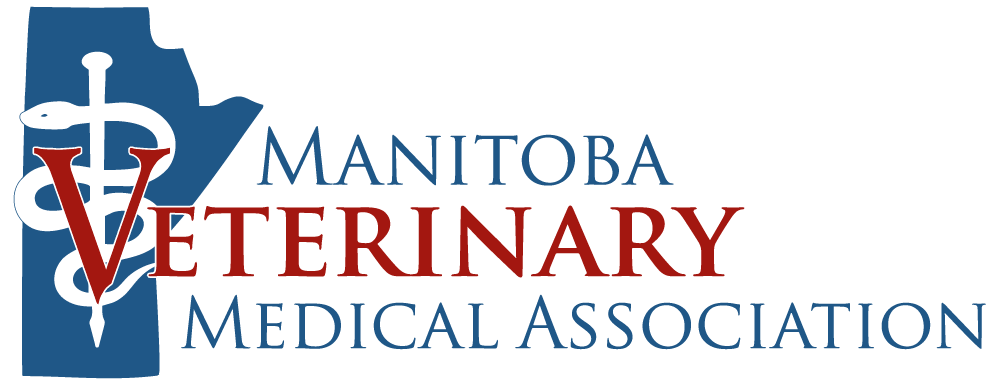Calling all Manitoba vets and vet techs! Provincial veterinarians are invited to comment on Health Canada Pest Management Regulatory Agency’s (PMRA) review and public consultation on the use of strychnine and 1080 that is now underway. Click here to visit the PMRA consultation page to participate. Closing date is November 29, 2022.
You may recall that in February 2021 the CVMA then President. Dr. Enid Stiles wrote to the Minister for Health Canada regarding CVMA concern that “humaneness” had not been considered in the Health Canada Pest Management Regulatory Agency (PMRA) review of strychnine and 1080 as approved pesticides to kill large predators such as wolves. The products must be federally approved by PMRA for use; however, the operationalization of the products is under provincial jurisdiction. The use of these products runs counter to several CVMA positions as well as those of the Canadian Council on Animal Care, the American Veterinary Medical Association, and the World Organisation for Animal Health due to the intense and prolonged suffering caused in both target and non-target species.
Later that year, in December 2021, the CVMA Immediate Past-President, Dr. Louis Kwantes, presented the concern to the all-party Animal Welfare Caucus, (led by N. Erskine Smith) once again citing our rationale for calling for a national ban on the use of these compounds.
Health Canada/PMRA is now undertaking another review and public consultation of the product but, despite the CVMA’s efforts, continues to exclude any consideration of the suffering caused by these products in its submission.
The MVMA has submitted an organizational comment on the Health Canada/PMRA consultation page and hope that MVMA members will voice their concerns as well.
The CVMA and MVMA are calling on members to provide individual comments on the need for PMRA to consider the unacceptable suffering these products cause in target and non-target species in their review via the PMRA consultation page.
We ask that you urge Health Canada/PMRA to consult with subject matter experts and other veterinarians who have witnessed strychnine poisoning regarding the severe suffering induced by these products and join the CVMA in calling for a national ban.
Please consider the submission below by subject matter expert Dr. Nigel Caulkett (reprinted with permission):
I am a professor of veterinary anesthesiology who has worked in the field of wildlife and farm animal welfare for 30 years. I am a clinician/researcher. Animal welfare is rarely black and white, with a few exceptions. One of these exceptions is the use of strychnine and monofluroacetate to kill predators. The Canadian Veterinary Medical Association, the Canadian Council on Animal Care, and many other governing bodies have statements and guidelines against the use of these agents. Death from these agents is incredibly inhumane. I have treated strychnine intoxication in dogs on several occasions. The look in their eyes as they convulse is one of pure terror. It is an horrific way to die. As a veterinary anesthesiologist I deal with stressful situations and must maintain composure to do my job. I recall an occasion with a strychnine patient when I had serious difficulty placing an IV to deliver pentobarbital in order to terminate the severe convulsions. This was because I was shaking uncontrollably at witnessing the extreme distress of the dog. The only human comparison is a death from nerve agent intoxication. A war crime. The fact that an agency can deliberately administer these agents to kill wolves, bears, coyotes, etc. is disgusting and can never be justified. Your document contains nothing regarding the animal welfare cost of using these agents for predator control; this omission is shocking, as the use of these agents for this purpose should never be approved on welfare grounds alone. The use of these agents in Alberta is an horrific legacy of animal cruelty. Predator control and caribou recovery projects take place across Canada without the use of these intoxicants. Health Canada needs to take the high road and stop enabling this practice immediately. If you need more evidence of the inhumane nature of these agents talk to ANY veterinarian who has dealt with strychnine intoxication.

